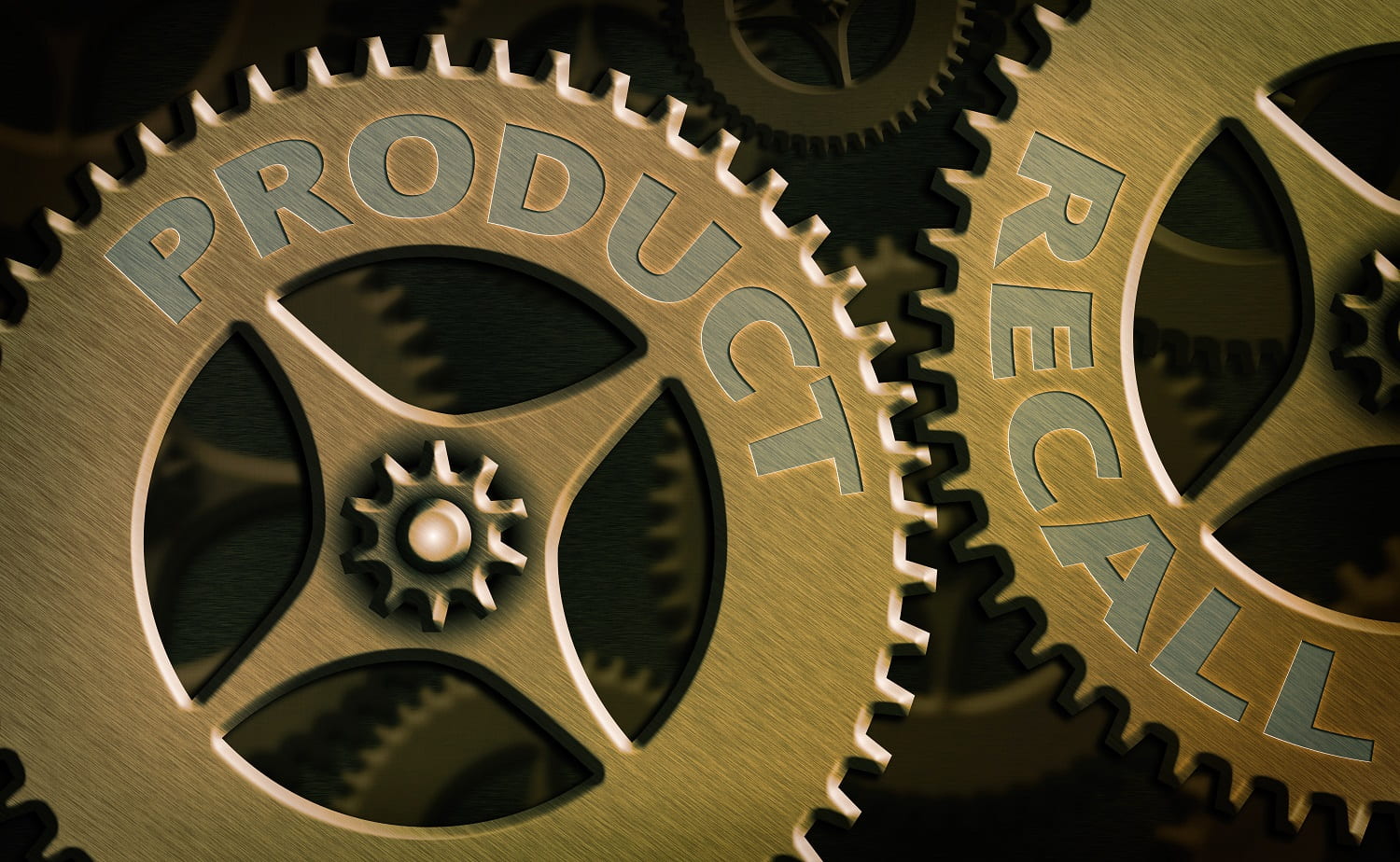In an era where high-quality and safe products are a core pillar of corporate social responsibility, the proliferation of product recalls across a wide range of industries, including medical devices, automobiles, pharmaceuticals, and consumer products, points to an urgent need to understand the underlying causes, managerial decision-making processes, and societal impacts associated with these recalls. One academic leading the charge in this crucial area of study is Professor George Ball, who has dedicated his research efforts towards dissecting the causes of product recalls and the complex decision-making processes that lead to them.
CEO Stock Ownership and Medical Device Recalls
In a most recent study, Ball and his team unravel the significant influence of CEO stock ownership on the speed of recalling faulty medical devices. Based on data from 2,144 medical device recalls across 50 public medical device firms from 2002 to 2015, they find that firms with CEOs holding larger ownership stakes recall devices more slowly, with this delay being more pronounced for high-severity recalls. This delay, in turn, amplifies the stock market penalty associated with the recall. Boards of directors can utilize these findings to shape CEO compensation packages and guide oversight on product quality decisions. Regulators like the FDA can leverage this research to better identify firms that may require additional scrutiny, thereby optimizing the allocation of limited monitoring resources.
The Phenomenon of Recall Clustering
In another study published in 2022, Ball and his team explore a fascinating phenomenon known as “recall clustering”, where a leading recall (the first recall in a cluster) triggers following recalls within a short timespan. The researchers find that 73% of auto recalls occur in clusters, which last for 34 days on average and encompass 7.6 following recalls after the leading recall. Intriguingly, the leading recalls are associated with as high as a 67% larger stock market penalty than the following recalls, which are “hiding in the herd” as suggested by the article’s title. This phenomenon of recall clustering and the varying market penalties based on a recall’s position within a cluster provides pivotal insights for regulators like the National Highway Traffic and Safety Administration to limit recall clustering.
Female Directors and Recall Decisions
In an earlier article published in 2021, Ball and his team investigate how increasing the number of female directors on a firm’s board influences recall decisions. Analyzing 4,271 medical product recalls across 92 publicly traded firms, they discover that as more female directors are added to the board, firms initiate more low-severity recalls, reflecting an increased adherence to rules in making recall decisions. Moreover, firms with more female directors make faster decisions for high-severity, life-threatening defects, demonstrating heightened responsiveness to stakeholders. These findings imply that the gender composition of boards significantly influences recall decisions, with a higher representation of female directors leading firms towards closer alignment with regulatory rules and consumer safety, thereby facilitating more societally beneficial recall decisions.
A full list of Professor George Ball’s research can be found here. He is the recipient of the IU Bloomington’s Outstanding Junior Faculty Award in 2019.
Professor George Ball‘s pioneering research provides a foundation for understanding and addressing the complexities associated with product recall decisions. It illuminates potential areas for intervention to enhance product safety and consumer protection. As we dive deeper into the causes of product recalls and the associated decision-making processes, we can better understand how to manage and prevent product defects, reinforcing the shared goal of consumer safety.

Leave a Reply